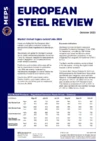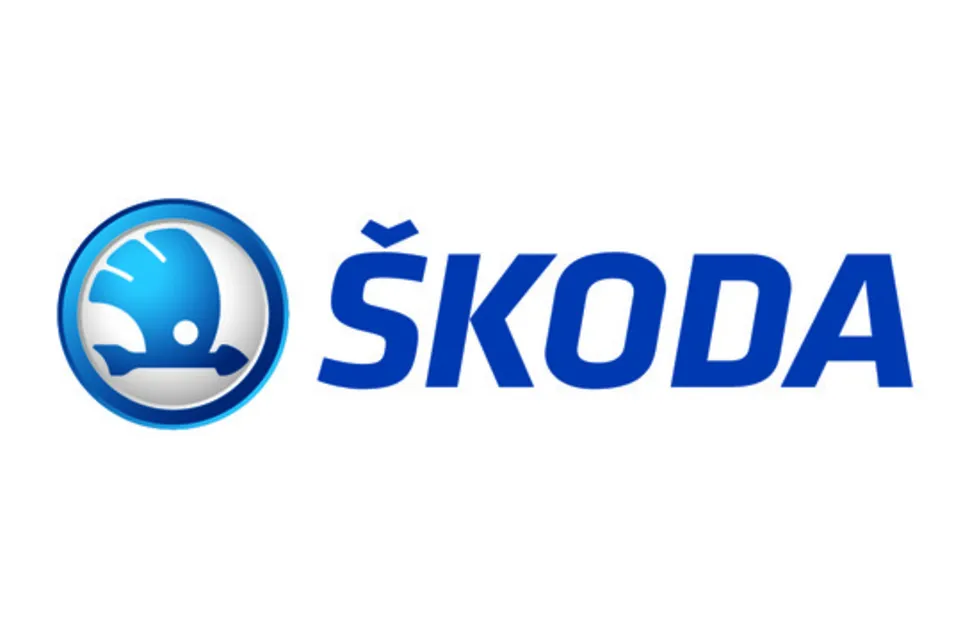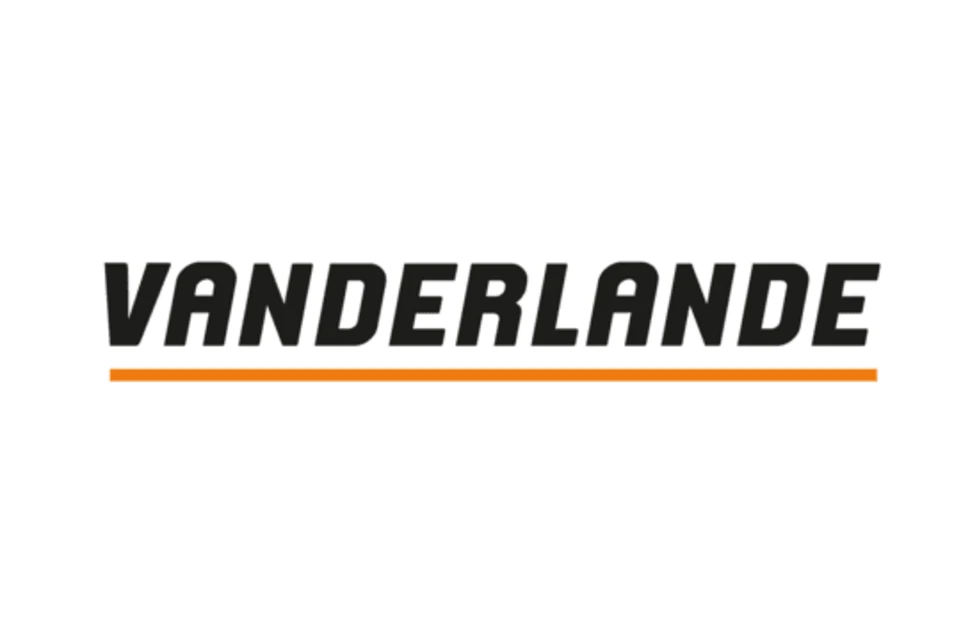UK Metals Expo Q&A: Mike Nielsen, Salzgitter Mannesmann UK
Salzgitter Mannesmann UK commercial manager Mike Nielsen believes that the UK’s Carbon Border Adjustment Mechanism (CBAM) will be the major talking point at the UK Metals Expo 2024.
The two-day event at the NEC Birmingham, on September 11/12, will feature MEPS International’s Carbon Steel Market: Navigating Trends and Price Dynamics panel discussion, which will feature insight from MEPS and other industry figures.
- MEPS’s presence at UK Metals Expo will be centred around its stand, B50. Click here to book a free consultation with a market analyst.
Speaking ahead of his involvement in the debate – chaired by MEPS head of price analysis and forecasts, Kaye Ayub – Nielsen suggested that UK CBAM regulations will have to “walk a tightrope” to avoid being too disruptive for import-reliant market participants.
He hopes that the UK Metals Expo will provide the ideal forum for attendees to enhance their understanding of how CBAM will work and learn about its likely consequences and any potential opportunities. Read on for MEPS’s full introductory interview with Salzgitter Mannesmann UK’s Mike Nielsen:
How did you start your career in the steel sector?
I joined Corus Northern Engineering Services as a marketing placement student. I was fortunate enough to be chosen for sponsorship in my final year studying business at Northumbria University and returned to Corus, joining the plates commercial team, in 2007. I started in a customer services role – as an account supervisor – and was responsible for some of their European shipbuilding customers.
How did you progress to the job you have today?
After spending time in different roles and departments at Corus, which was later to become British Steel, I joined Salzgitter in 2017 as commercial manager. The breadth of experience and depth of knowledge I gained at British Steel made me a good fit for Salzgitter. Over a 10-year period, I progressed from account supervisor to account manager and then a sales manager role. British Steel was quite a diverse place to work in product, application and geography, and these are all prerequisites to work for a trading business like Salzgitter. Subsequently, I have been responsible for buying, selling and the supply chain for hollow sections, tubes, beams and merchant bars as commercial manager looking after Salzgitter’s stockholding business in the UK.
What is the most rewarding part of your job?
The key aspect of my job is developing long-term relationships. Both buyers and sellers have to find value in the partnership and although it takes a lot of time and effort, it can be extremely rewarding to achieve results together. It's always a pleasure to talk with colleagues and associates around Europe and in other parts of the world. You gain an understanding of trade flows in delicate steel supply chains, and a critical insight into how market developments in one part of the world, such as Asia, can influence the UK and Europe.
What is the biggest day-to-day challenge faced by your business?
The biggest challenge is, firstly, to develop a supplier/customer relationship, but then maintain service levels. Steel is a mature and commoditised product, but it can involve very complex supply chains. It is important to give customers the choices they need and, in turn, give them the option to buy from stock or place an order on a future rolling, ensuring they find the right products to suit their requirements. The UK industry has also faced many supply chain challenges in the last seven years, including the global pandemic, Brexit and the introduction of safeguard quotas. CBAM and the transition to green steel are now key considerations. Consequently, it is key, in my role, to build up relationships with all stakeholders. A good understanding of all functions puts you in good stead to deal with these day-to-day challenges.
Do you foresee a standout ‘hot topic’ for the UK Metals Expo?
Currently, the UK’s CBAM is the hot topic for the steel industry. It promises to deliver a step change in the cost of importing steel from higher-emitting steelmakers while providing opportunities for lower carbon-emitting producers. The UK may need to follow the example set by the European Union and learn from their rollout. The UK is very reliant on imports for many steel products, so it really is a challenge for the regulation to strike the right balance to be effective, but not excessively disruptive.
What do you hope to take away from the event?
We are all pleased to support the UK Metals Expo. The UK now has an established and well-recognised trade fair. It can bring together all parts of the steel industry. It is the ideal forum to meet existing suppliers and customers, along with potential new partners.

Source:
European Steel Review
The MEPS European Steel Review is an informative, concise and easy-to-use monthly publication, offering unique professional insight into European carbon steel prices.
Go to productRequest a free publication





